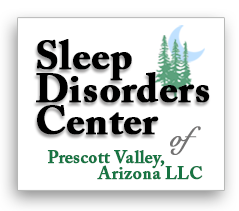Was it lack of REM sleep, induced by a drug, that killed Michael Jackson?
In the wrongful death case filed by Michael Jackson’s family, it has been hypothesized that death may have occurred due to the medication Propofol, which decreases REM sleep.
REM sleep is also known as paradoxical sleep because, of all the stages of sleep, it most resembles wakefulness. We know that most, but not all, dreaming occurs during REM (rapid eye movement) sleep. Many theories abound as to the purpose of REM sleep. These include consolidation and modification of emotional memories and procedural memories such as how to ride a bike or play an instrument, and restoration of neuron function in the brain itself. However, at this point they are still theories.
There are studies in the death of lab rats after their REM sleep was suppressed for five weeks, although none of these involved Propofol. The hypothesis in the Jackson case is garnering huge media attention.
There are many people on medications such as antidepressants and anti-psychotics that suppress and, in some instances, eliminate REM sleep for months or years. In fact, it is not uncommon in sleep centers such as mine to observe patients who are getting little or no REM sleep during the course of sleep studies. There are also documented cases of people who, as a result of neurosurgery, do not experience REM sleep and have survived for years.
My concern is that people on medications that decrease or possibly eliminate REM sleep will become fearful that they might suffer a fate similar to Jackson’s. Based on the medical literature, there does not appear to be much of a risk. There are few, if any, studies done on the effects of REM suppression in humans that have gone more than a week.
I am not saying that prolonged and improper use of an anesthetic agent such as Propofol as a sleep aide cannot result in serious and possibly fatal consequences. However, I am pointing out that the hypothesis raised in the Jackson case may be incorrect and, worse, could lead to confusion and anxiety among patients taking certain medications. If you have such a concern, I urge you to ask your doctor about it.


